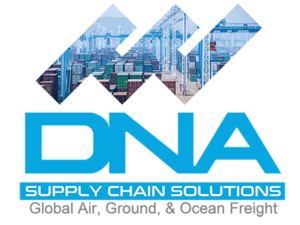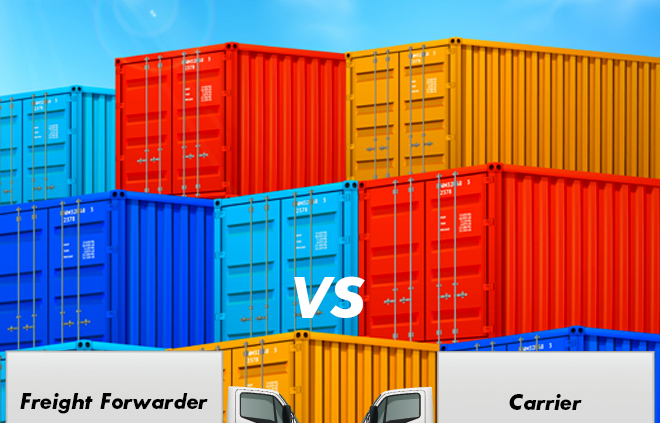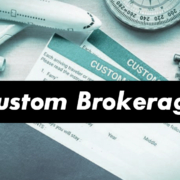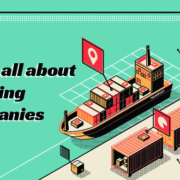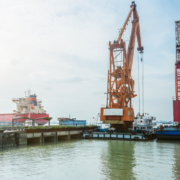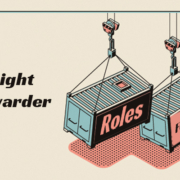Freight Forwarder vs Carrier is our topic of today. Business is a great tool to establish authority through sales and marketing. The latter will require a good chunk of goods to be sold over time. This selling can be local and international however you need to adopt good transportation routes. These routes and charges that come along can come into a single branch of transportation.
Furthermore, two distinct modes of transportation happen to be around known as freight forwarders and carriers. They might seem to interrelate, but their differences make for a great choice. Either of them can find importance in your goods dealing. Whereas you may decide to opt for one given your transportation weightage and services.
We will be bisecting them both for your easiness in a profound way!
Freight Forwarder vs Carrier: An Identification
Carriers and forwarders differ in their manner of operations. Carriers happen to be simple in their operations. They simply have the duty to carry your goods and transport them to a specific destination. While transferring the goods, the carriers use set routes alongside keeping the set rates in the check. It helps an organization manifold since there is no third party that will ask for involvement. Moreover, a big positive comes from fixed routes and rates that also ease the finances of the business.
A freight forwarder is another service provider that transports the goods through a third party. In essence, it arranges some third-party goods transporter, easing the task for businesses manifolds likewise. With a freight forwarder at your disposal, you do not have to work the extra mile to look for carriers and scroll through their descriptions.
Freight Forwarder vs Carriers Mode of Operations
Carriers
Freight forwarder vs. carrier can differ in many other secondary characteristics. First, let us consider common carriers that help with your transportation of goods.
Simple carriers only use a simple model known as Hub-and-Spoke. It is a model that simplifies everything that a company needs in transportation. They will carry and load your goods into a truck and reach through different ‘Hubs’. Hub refers to different cities where the truck will stop and load the goods onto another truck for further operations. Whereas ‘Spoke’ refers to the route that a truck will follow from one city to another.
Drawback
- Simple carriers use a simple model, but it involves several touchpoints. When you switch between the cities, more people will handle the goods and may cause damage.
- In essence, simple carriers can also limit and nullify your response to damages and failure identification.
Freight Forwarders
Freight forwarders keep a distinct approach at their disposal but make for a perfect delivery of the goods. For example, they may use at least two to three third-party carriers but will ensure that goods reach the final destination without much delay. For this, they use the Line Haul approach. The process is that a first carrier will pack and transport your goods to a nearby Line Haul agent. This agent will then pack and transfer your goods to the final destination through a second carrier.
Drawbacks
- This approach may look simple but will be costly since you will be hiring around two to three carriers.
- Keeping a record can be difficult
Freight Forwarder vs Carrier: Our Decision
Considering the positives of freight forwarder vs. carrier, we prefer a Line Haul and Freight Forwarder approach. Although it will weigh more in the costs, it will ensure more safety of the goods. And in a transportation business, everything matters to the final goods you send.
